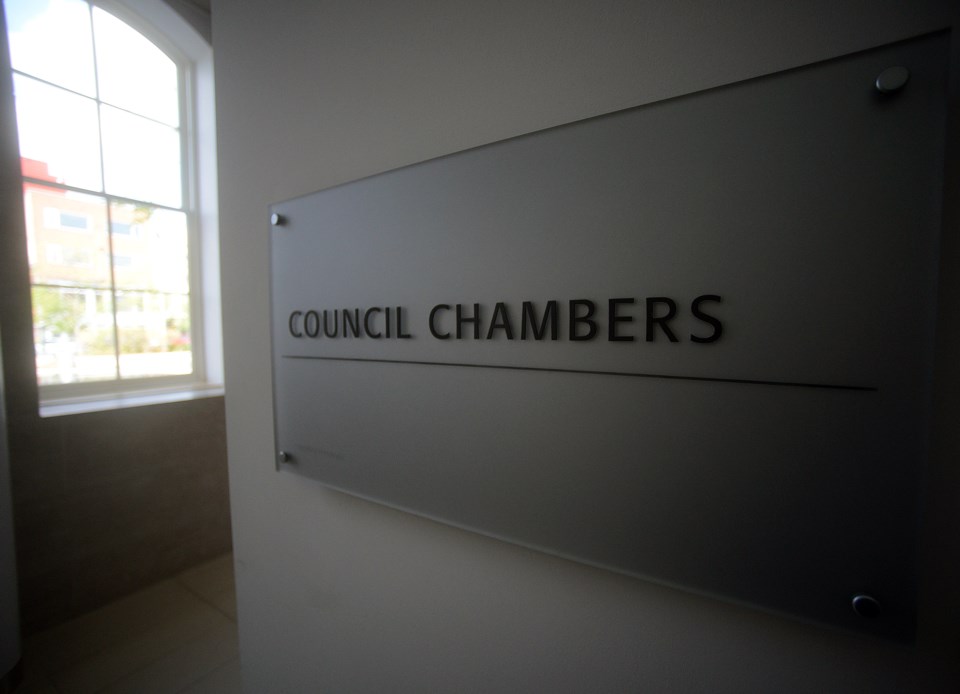An independent poll commissioned by two grass roots citizens' groups confirms that most Guelphites surveyed do not want to see a change in the number of wards and councillors that make up Guelph City Council, which is leading some to wonder why changes are being recommended by a consultant at all.
On Thursday night council will hear from the consultants, who are recommending a change in the composition of council despite what their own online survey showed.
That discrepancy prompted Democracy Guelph and Fair Vote Guelph to run a similar survey by phone.
A total of 759 randomly selected residents was surveyed on Tuesday and Wednesday of this week to study public opinion regarding municipal election procedures.
The phone survey found similar results to the consultant’s online survey, that the majority of Guelphites want to maintain the current six wards and also keep voting for two councillors per ward.
The polling commissioned by Democracy Guelph and Fair Vote Guelph was done by Strategic Directions.
It shows 51 per cent of Guelphites want to keep dual member wards and 58 per cent want to keep 12 councillors total.
It’s puzzling that the recommendation is to change the composition of council when public input doesn’t support that, said Kevin Bowman, spokesperson for Democracy Guelph.
“The report itself outlines what people had to say and the people were pretty clear that there was a solid majority that don’t want to shrink the total size of council and a clear majority saying they want two councillors per ward, yet the recommendations are neither of those things — it’s for a smaller council and one councillor per ward,” said Bowman. “When that report came out I was very confused because it doesn’t reflect the public input.”
At this point a compelling reason to change the composition of council hasn’t been made, said Bowman.
“The report doesn’t seem to give any rationale why the recommendations are different, other than some passing remarks that too many people around a table makes discussions longer,” he said.
The recommendation is not the same as Toronto’s 2018 municipal election, when the provincial government slashed the number of council seats in that city to just 25 after scrapping the former 47-ward system.
“That’s a different scenario because you had the province forcing it. In this case it’s a recommendation — we can take it or leave it,” said Bowman.
Fair Vote Guelph also wants to hear why the recommendation is different than what the public supported in the surveys.
“I am concerned to know why that discrepancy is appearing and I think we should hear some more from the city or the consultants to explain and gives us some good reasons why we are doing it that way,” said Ken MacKay on behalf of Fair Vote Guelph by phone on Thursday.
MacKay plans to speak at council on Thursday as a delegation.
“I want to talk about the difference between the recommendations and the voters, but I also want to talk about democracy,” said MacKay. “I think democracy is a good idea, a good concept, and I feel strongly that we should pay attention to it.”
He said the recommendations from the consultant will take Guelph back in time, as far as democracy is concerned.
“It’s that fragile democracy that I am most concerned about,” said MacKay.
Bowman is not speaking at Thursday’s meeting of council, but did write a correspondence on the issue that is included in the agenda for the meeting.
“There has been no significant changes to the way council is set up for 30 years. If these recommendation were to pass they would have very significant impacts for probably the next 30 years or more,” said Bowman.
He said the consultant’s recommendation may very well end up being the right one, but adds that council needs to ensure that the public understands the proposed changes and that they support them before they are implemented.
“This is not a decision that should be made lightly, we should make sure we know what we are doing and why we are doing it and we want to make sure the public supports it.”
